
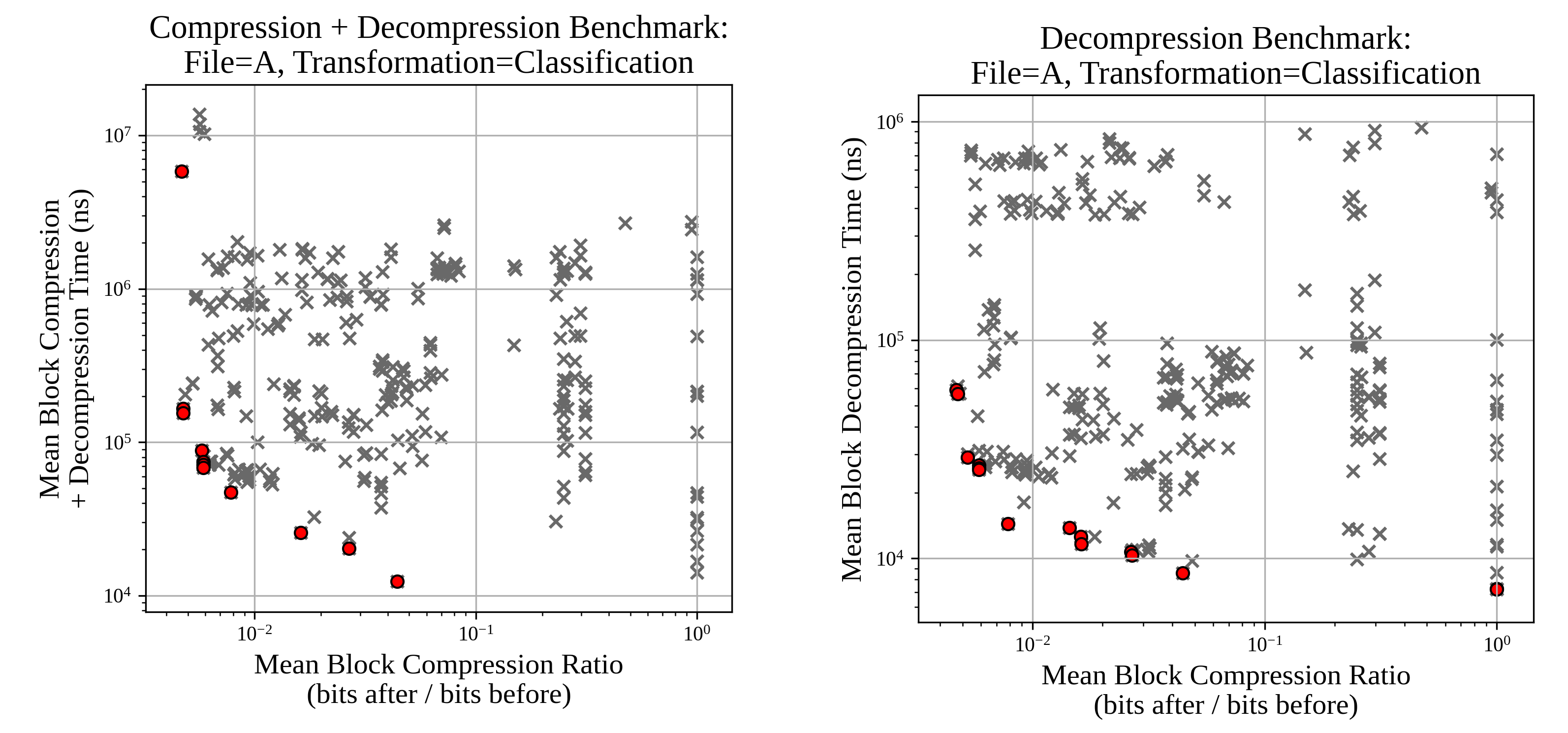
Optimising Geospatial Data Processing using SIMD-Accelerated Data Compression (Thesis)
MRes thesis on beating main-memory bandwidths for geospatial computation via cache-optimised in-memory data compression. Implemented in C++ with AVX512.
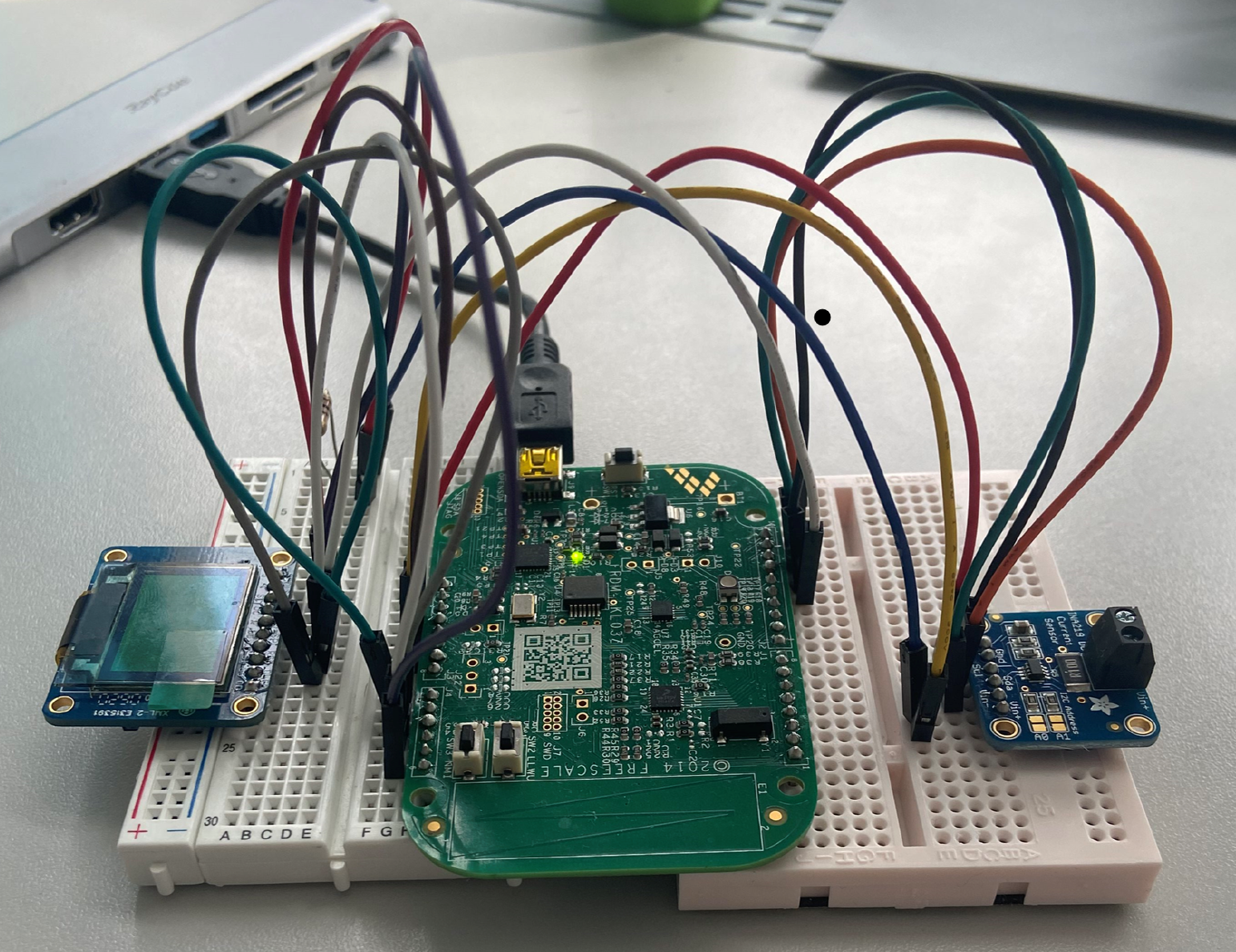
Embedded Real-Time Activity Recognition
Embedded Systems coursework. Implemented an algorithm in C on a lightweight micro-controller and IMU to quantify the probability of walking activities.
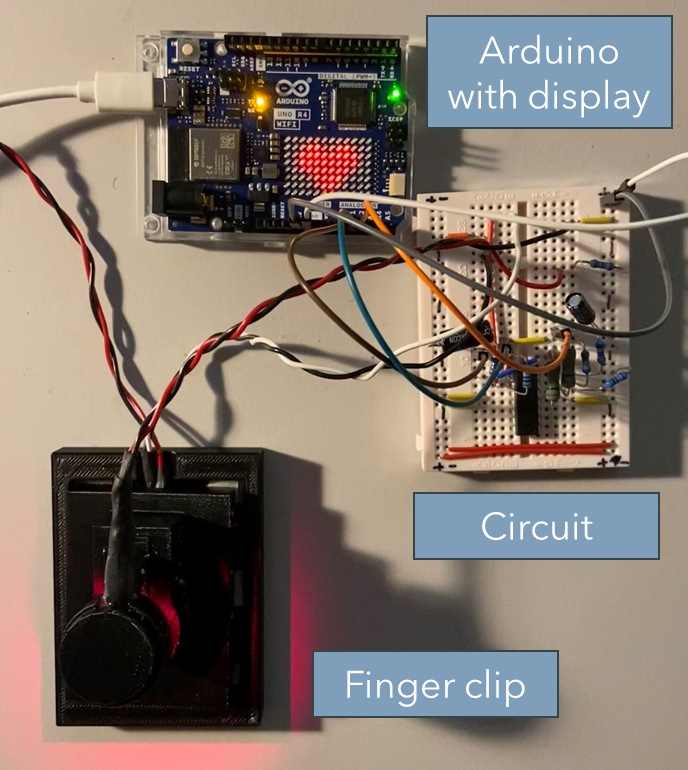
Temperature and Pulse Sensors
Sensor Design Project. Implemented and calibrated a temperature and pulse sensor. Raw electronics implemented on an Arduino, real-time signal processing in C, data analysis in Python.
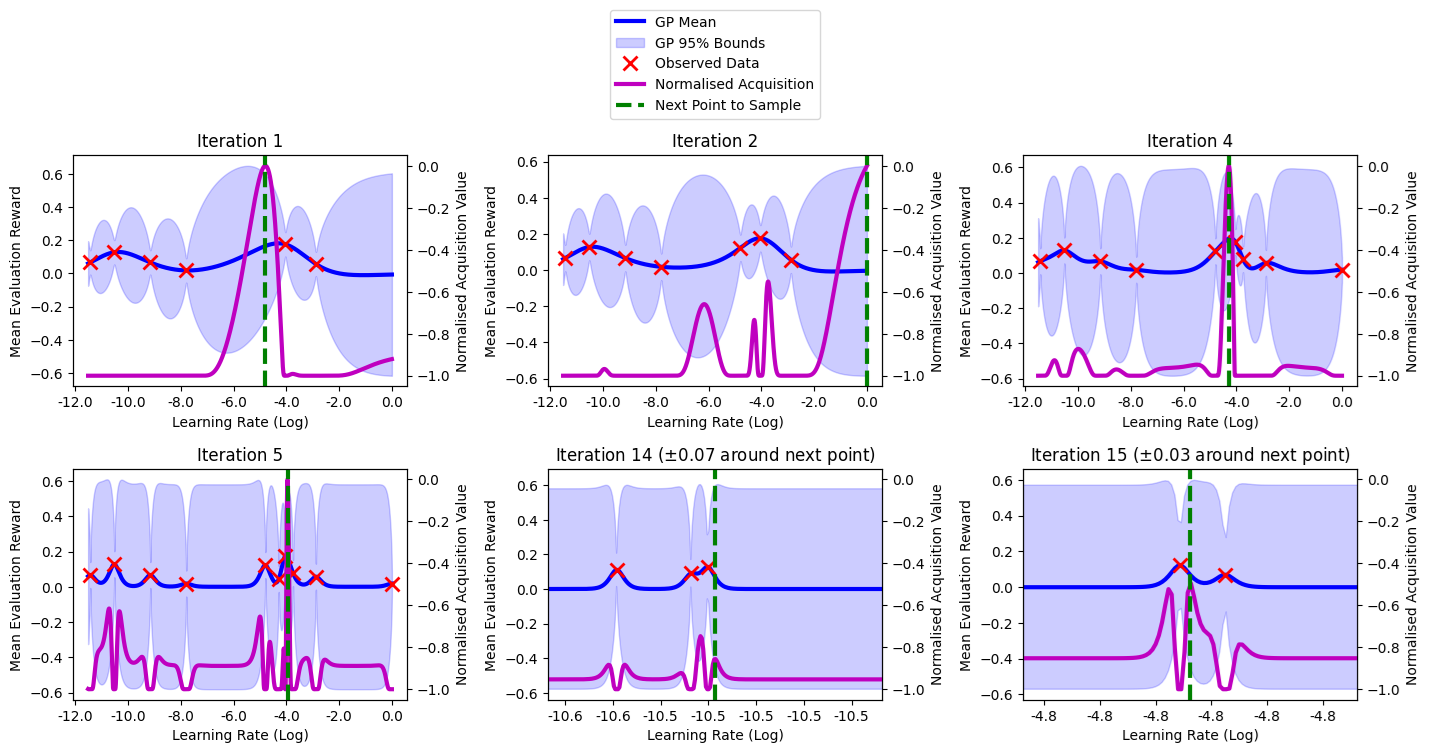
Bayesian Optimisation for PPO
Machine Learning and the Physical World coursework. Led a group project using Python to automatically tune PPO's hyperparameters using Bayesian Optimisation.
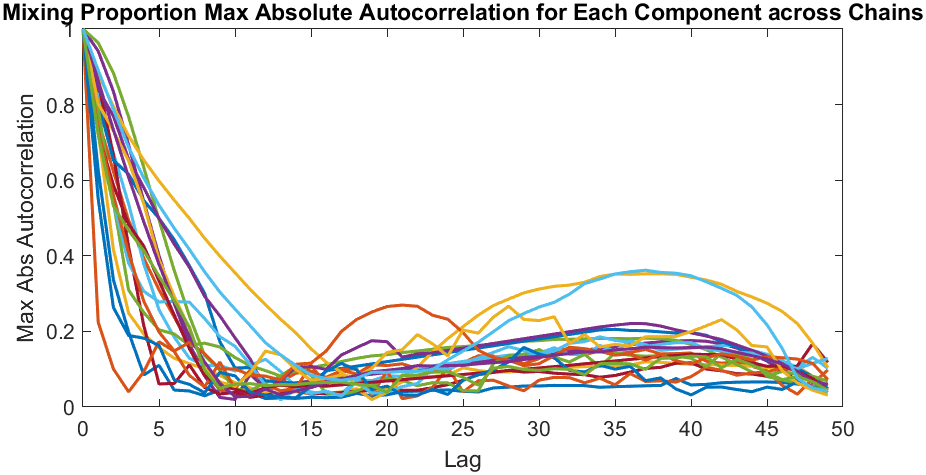
Probabilistic Ranking & Latent Dirichlet Allocation Model
Probabilistic Machine Learning courseworks. One on TrueSkill / probabilistic ranking, the other on topic modelling / the LDA model.